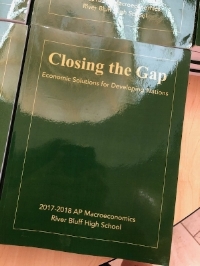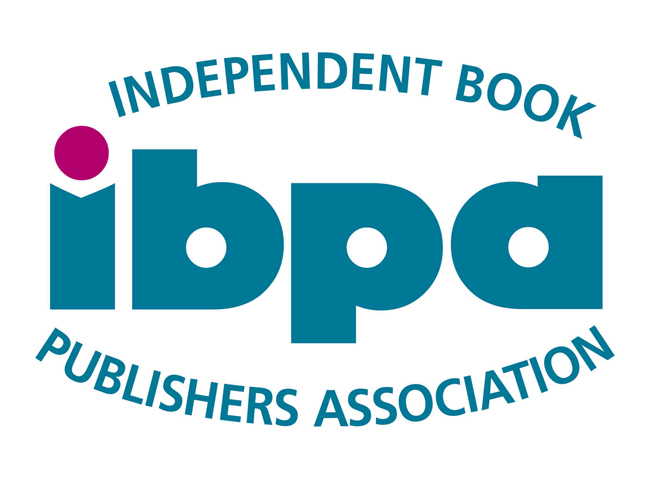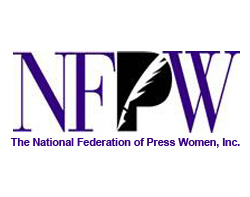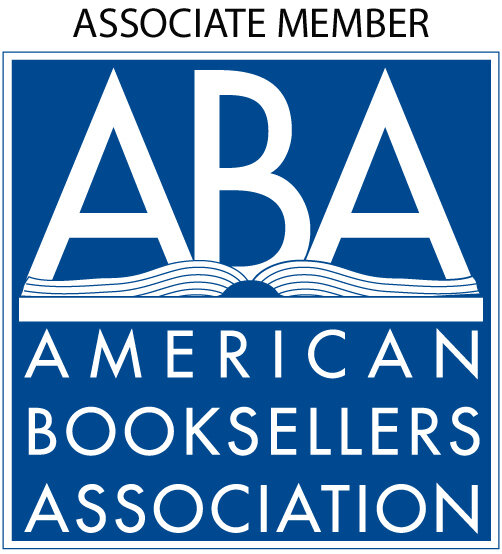A Family’s Journey to Olympic Gold
/Go, Gwen, Go: A Family’s Journey to Olympic Gold (Meyer & Meyer Sport), co-authored by Gwen Jorgensen’s mother Nancy and sister Elizabeth, chronicles the family’s experience as Gwen left her job as a CPA to pursue and ultimately win Olympic gold in triathlon. We asked Nancy and Elizabeth, both teachers, a few questions.
What compelled you to write the book? When did you decide to do it?
Nancy: When USA Triathlon first recruited Gwen, she told them she wasn’t interested. Gwen was a standout runner, but a poor collegiate swimmer and she had never owned a road bike. USA Triathlon eventually convinced her to train and then within two years, she qualified for the Olympics. After suffering a flat tire in London 2012, she announced her intent to win gold in Rio. We thought her path to success was unique and that it could be an inspiring story. That’s when we started writing about our family’s experience with her Olympic journey.
Elizabeth: I tell my high school creative writing students to scour their lives for dramatic moments, emotional scenes or frightening experiences and to write their own stories. I tell them if they write well, a publisher may want to share their stories with the world. When my sister qualified for the 2012 Olympic Games, suffered a flat tire, and proclaimed her goal to win gold in 2016, I took my own advice. But the tale was so big I needed a book. I partnered with my mom, Nancy Jorgensen, who had published two books in the field of choral education (From the Trenches: Real Insights from Real Choral Educators and Things They Never Taught You in Choral Methods).
You both have strong writing styles and careers. How did you decide to team up and do a book in two voices and with two opinions? Why about Gwen?
Elizabeth: Some of my earliest memories are of Mom writing on a yellow notepad. She published her first books when I was a teenager; and during high school and college (I was a journalism major at Marquette University), she was my go-to editor. I enjoyed learning from her and having her point to places where my writing could improve. When I graduated and began teaching writing in the same school where Mom taught choir, I returned the favor and proofread her work (concert flyers, playbills). She retired a few years later and continued to write; naturally, we continued our partnership. After Gwen qualified for the 2012 Olympic Games, going from average accountant to world-class athlete, we wanted to share our family’s story. Because of our different perspectives, we decided to alternate the memoir between us, sharing what it’s like for both sister and mom. We joined a writers’ group and began polishing our memoir. Gwen assisted us with interviews, fact-checks, and suggestions. The process brought us together—we collaborated daily … writing, editing, polishing. The result is a family story we are excited to share with the world.
How can you see other teachers using Go, Gwen, Go in their classrooms?
Elizabeth: I see Go, Gwen, Go having a place in sports literature or modern literature classes—or any class that highlights diverse voices. This is a story written from the perspective of two women (from different generations) cheering on another woman. It is a story that emphasizes all dreams are possible if you set goals, surround yourself with supportive people, and work consistently each day. As teachers, we try to find high interest reading materials to engage even the most reluctant readers. In this story, students will enter the secret world of Olympic training, professional coaching, international travel, sponsor funding, anti-doping requirements, athlete nutrition, and sports physiotherapy. This book takes readers inside the personal life of a professional athlete, complete with family crises and holiday celebrations. In this inspiring story, students will see how one family grew together, from average to Olympian.
Elizabeth and Nancy Jorgensen
What part of Gwen’s career have you most admired? What have you worried about?
Nancy: Every time Gwen competed in a triathlon, I was terrified the minute she got on her bike. At first, I didn’t realize how common crashes are. But once I saw her go down a few times, I couldn’t watch that part of the race. When we streamed events from home, I just listened to the bike portion and distracted myself by cleaning the kitchen or doing other odd jobs. Once she got off the bike, I returned to the screen and watched the run leg. Gwen’s approach to the bike is also one of the things I admire. She knew nothing about cycling and did not own a bike. She had to learn a brand new sport—and master it within a very short time—and then perform at the elite level.
When Gwen was growing up and on the swim team and then on the track and field team, how, as a big sister, did you guide her and what did you see in her that may have helped you in your own career?
Elizabeth: Gwen went from average accountant to world and Olympic champion. But it didn’t happen overnight or in a linear fashion. When she was a freshman in high school, I was a senior. My track and field coach was the one who convinced her (with my encouragement) to run. I have always been Gwen’s biggest fan: in the pool, on the track, in triathlon. No matter how small or large the stage, I’m cheering as loudly as I can. I want her to win, but that’s not really why I cheer. What I’m happiest about is how Gwen’s career has created a community of friends and family. We are all on TEAM GWEN. Watching her set and publicly declare her goals has inspired me. I’ve learned from Gwen and her husband Patrick that the only way to reap large rewards is to take large risks. Writing this book was a dream; Gwen setting lofty goals and using daily practice to improve her craft encouraged Mom and me to do the same with this memoir.
The book includes themes of music and food. Why did you think those were important to add?
Elizabeth: Gwen and I grew up playing violin, Mom accompanying us on the piano. Although Gwen and I didn’t love music as much as sport, it taught us dedication, grit, and the daily practice skills necessary for success in any undertaking. Our childhood was built on music and food. Our gatherings start with everyone in the kitchen—we learned early how to delegate, give clear directions, collaborate. We also learned how to celebrate and share in the rewards of our labor. Our story would not be complete without both food and music.
Several athletes have tried multiple sports and multiple games. How is Gwen’s training going and what is she doing now? Is her goal a 2020 pursuit or a 2024 pursuit?
Nancy: So much is new since Gwen won the Rio race. She transitioned from triathlon to marathon, gave birth, had surgery for Haglund’s deformity, and is now raising a son. I think with all of that she learned to take the journey one day at a time. She trusts her coaches and other team members to monitor her progress and advise her on next steps. We no longer ask when her next race will be or what the long- term plan is because she taught us those things will be determined with time and training.
For more information about Go, Gwen, Go: A Family’s Journey to Olympic Gold, visit lizjorgensen.weebly.com and nancyjorgensen.weebly.com.













